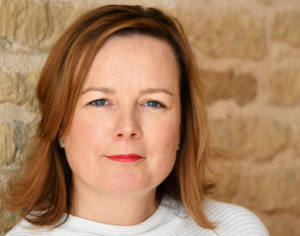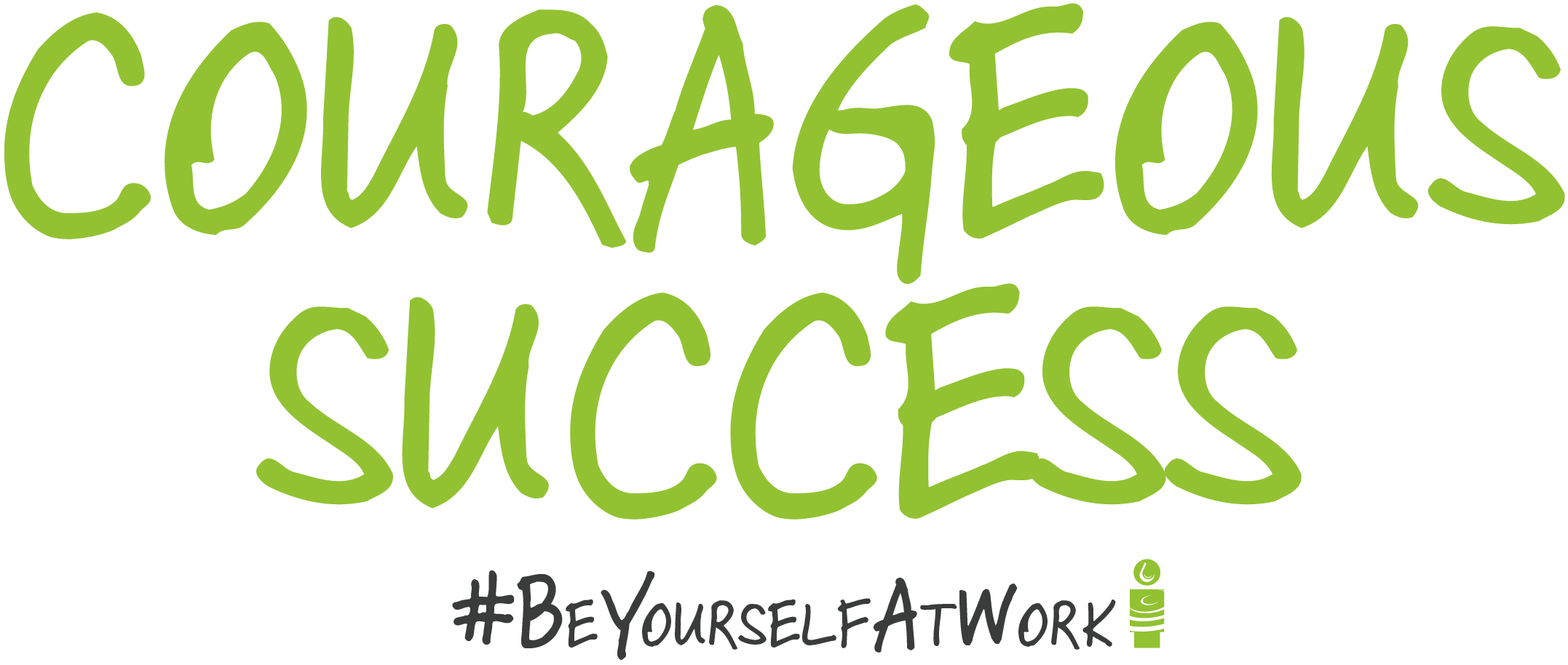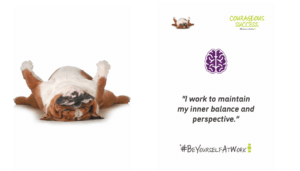- 67% of people feel that they can’t be themselves at work.
- (Courageous Success 2020 #beyourselfatwork Global Survey)
 If I asked you the question, what is it like to be you? What would you say? In my experience the response for most people is initially externally focused. Blessings are listed, heath, family, job, safety etc. Then come holiday, eat out, friendships etc. It Is rare that the first response actually relates to how you feel on the inside. And for many of us we forget to reflect within and check in with ourselves. Our habits and routines can also distract us. Ask yourself, as you, you on the inside, what does it feel like to be you?
If I asked you the question, what is it like to be you? What would you say? In my experience the response for most people is initially externally focused. Blessings are listed, heath, family, job, safety etc. Then come holiday, eat out, friendships etc. It Is rare that the first response actually relates to how you feel on the inside. And for many of us we forget to reflect within and check in with ourselves. Our habits and routines can also distract us. Ask yourself, as you, you on the inside, what does it feel like to be you?
Now it gets more interesting. What is your response? Negative? Unsure? Hugely positive? Mixed? Excited? Challenging? With iAM we phrase questions to get to the real you. We have had to carefully word them to avoid the answers that so many of us have that actually are not who we are. Our labels, insecurities, reliance on others, our recognition and trust strategies. You are not your family, friends, job role, anxiety, self-doubt, need for validation. You are unique and individual and when you really know who you are, the real you and bring you to the world, including the world of work, wow.
In our 2020 #beyourselfatwork survey we asked people what stops them being themselves at work. Average answers – 83% Professionalism, 67 % Self Confidence.
83% use recognition as their strategy to boost confidence, 83%!
100% use autonomy & control, 100!
75% of people report high levels of imposter syndrome….
It is time to take some serious action! A Korn Ferry study has found that self-awareness impacts a companies’ bottom line. In a study of the stock performance of 486 publicly traded companies, they found that companies with strong financial performance tended to have employees with higher levels of self-awareness than poorly performing companies.
Yet Hay Group share that self-awareness seems to be in short supply among leaders.
I’ve seen lots of shares around building your self-awareness like gathering feedback, being curious etc. But feedback won’t tell you who you are and neither will curiosity about others. This is not about “growth mindset”. To be the best of ourselves we need to feel good about being us. The only way to feel good about yourself is to know who you are and recognise that within you.
Here are a few tips to reflect and take action on;
- Start with frequent self check in’s. Not about your mood, levels of thinking, self doubt or a moan. But a pause to shine a light around the inside of you to recognise your spirit.
- When you are in meetings and different activities throughout your day hold in 20% of your consciousness to notice yourself, your reactions, your behaviours.
- Reflect on who you are. If you don’t have an iAM (get one!) list down the things you like in others, in approaches, in activities that you do. What don’t you like too? Start to really get to grips with a fascination about who you are and what you are like.
- When you have this knowledge building notice different aspects of yourself. Amplify them. Your self-concept in our terms is all good so don’t confuse who you are with negatives, regretful actions or moods. If you know that you are playful. Notice when you are playful. Be more playful. If you are creative and love creating ideas with energy then do more of this and recognise it as you do it.
It should feel great to be you. And the brilliant news to is that the journey of knowing yourself and being your best at work is fully in your control – perfect for those autonomy strategies!
Be you.

